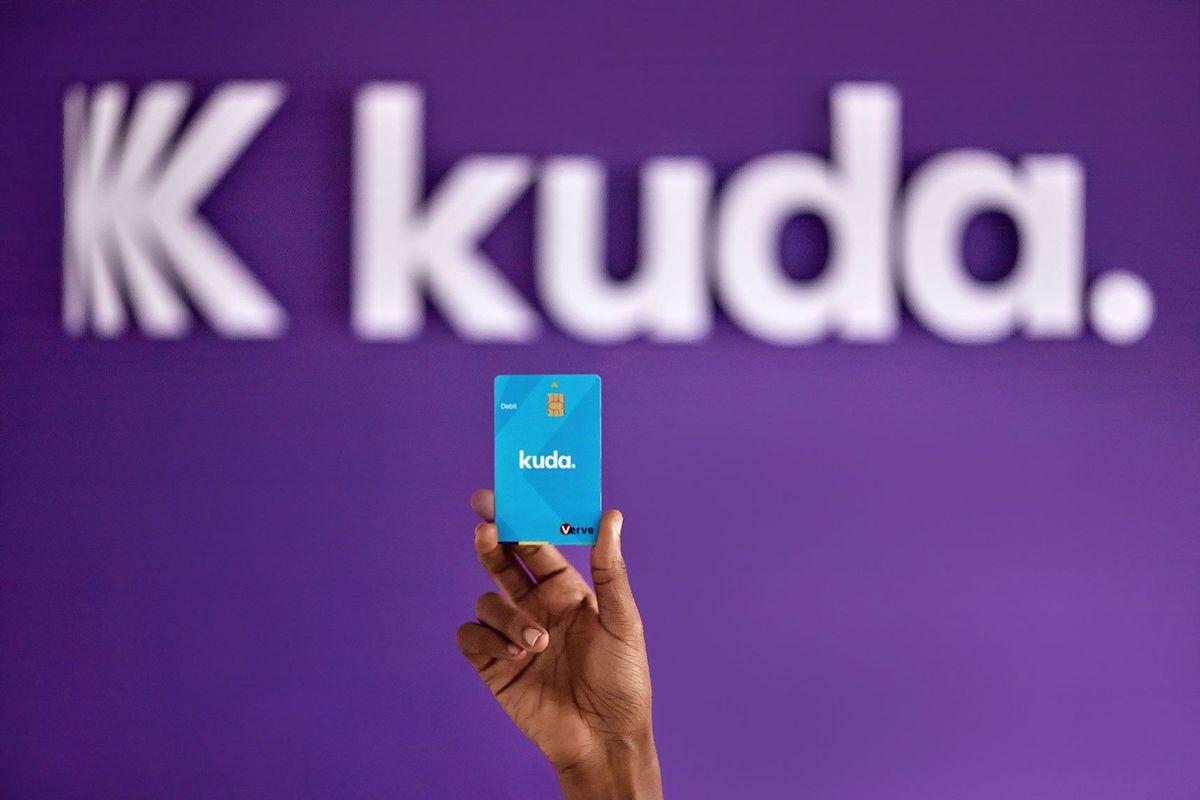Kuda Bank raises $10M in seed funding.
Kuda Bank has raised $10 million in a seed round, which is possibly the largest seed funding any African startup has received. And it plans to raise a bigger Series A.

Kuda Bank has raised $10 million in a seed round, which is possibly the largest seed funding any African startup has received. And it plans to raise a bigger Series A.
The digital bank, which was founded in 2017, had raised a $1.6 million pre-seed round last year to launch in beta. With this seed round, Kuda Bank has now raised a total of $11.6 million.
The roster of investors in Kuda Bank is quite interesting; they are either founders of fintech startups or have invested in challenger banks in Europe and America.
Kuda Bank's $10 million seed round was led by Target Global, which had also led the $7.6 million seed round of Finom — a digital bank based in Amsterdam — in April 2020. Entrée Capital, which also participated in this seed round, had invested Finom's additional $12 million funding in September 2020.
Dr. Ricardo Schäfer, Partner at Target Global, said: "The emergence of digital challenger banks, providing customers with a free, digital and significantly better banking experience compared to services offered by traditional banks, has seen huge success across the globe".
Dr Ricardo would be joining Kuda’s board with this round.
"Kuda is one of Africa’s leading digital challenger banks and one of the fastest growing fintechs on the continent", he said. "We are very excited to be working with Babs Ogundeyi (CEO) and Musty Mustapha (CTO), and the entire Kuda team to further build on the fantastic momentum they have had since inception and support them in taking the company to the next level".
SBI Investment, a leading Japanese financial services company and formerly part of SoftBank until 2006, also participated in Kuda Bank's seed round.
Other investors that participated in the seed funding include fintech founders and angels such as Raffael Johnen (founder of Auxmoney), Johan Lorenzen (founder of Holvi), Brandon Krieg and Ed Robinson (founders of Stash), and Oliver and Lish Jung (angel investors in Nubank, Revolut, and Chime).
It is pertinent to note that Startupbootcamp, Ragnar Meitern (an early investor in Monese and Bolt), and Haresh Aswani, Managing Director of Tolaram Group - Africa were some of the investors that participated in Kuda Bank's $1.6 million pre-seed round.
Although Haresh investment in Kuda was personal, the noodles empire announced early this year that it is planning to venture into digital banking in Africa. And Egypt, Ghana, Nigeria, and South Africa are likely countries where Tolaram will launch its digital banking service.
Babs Ogundeyi, co-founder and CEO of Kuda, told TechCrunch that he's already working on a much bigger Series A. "We want to bank every African on the planet, wherever you are in the world", Babs said.
Kuda Bank says it has garnered about 300,000 customers and process over $500 million worth of transactions monthly. And it plans to become Africa's best bank, serving both people living on the continent and those in the diaspora.
"We want to bank every African on the planet, wherever you are in the world", Babs said. "We have built the core banking services in-house so we own the full stack. It means we don’t have to piggyback on another financial institution. We may choose to partner on certain products but we don’t have to".
He added that the plan will be to get full licenses "in what we consider key regions" but possibly partner in others where the existing infrastructure makes it more logical to do so.
"The reason for the full license is because of monetization" Babs said. "As a bank, you need to be able to lend, and in Nigeria if you don’t have a full license it’s hard to lend and make money".
Kuda Bank currently do not provide credit service. But Babs explained that the "plan for our credit service is that we will base how much we issue and at what terms based on your existing spending habits".






